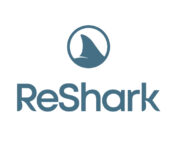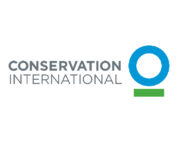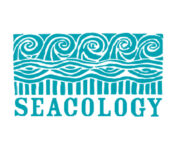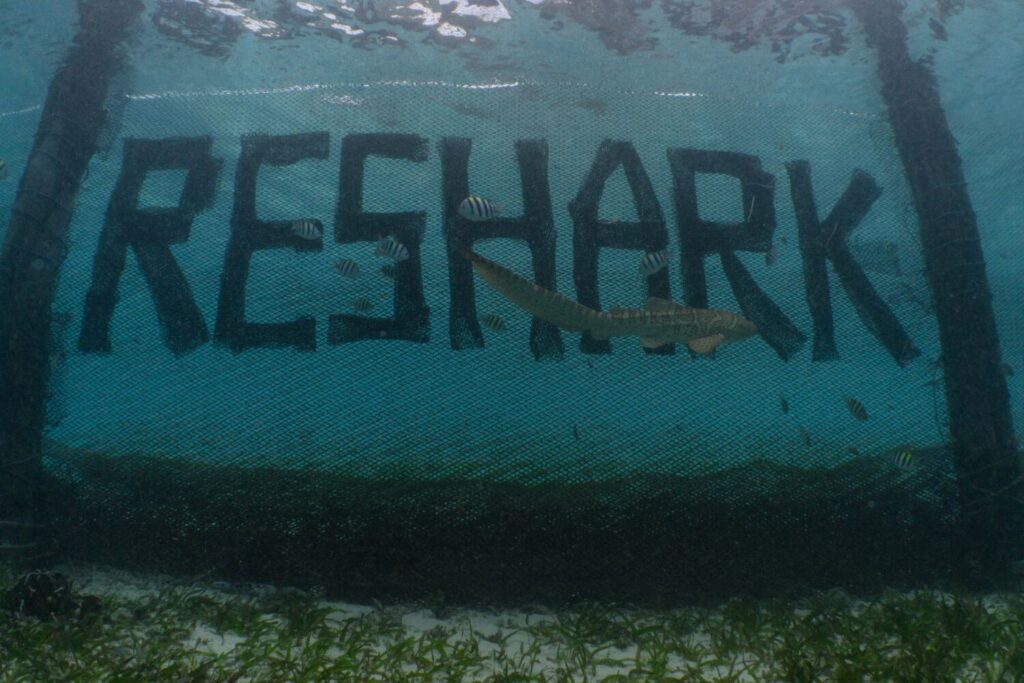
Why Raja Ampat?
Raja Ampat, considered the world’s last paradise, is located at the heart of the coral triangle. Perfectly situated at the world’s highest level of biodiversity, Raja Ampat alone has 1,318 species of reef fish (Allen and Erdmann, 2009) out of a total of 1,854 species of reef fish found in the Bird’s Head Seascape – Papua, and 533 hard coral species (Turak and Devantier, 2008).
However, the the high number value of diversity, might not always promise an optimal ecological balance. This is reflected in the number decline of several top predators in the food chain every year, which one of it happens to be zebra shark (Stegostoma tigrinum). The practice of sharks and rays finning in the past has had a continuous effect on the ocean conditions until the present time. The biological characteristics of sharks and rays with low fecundity (number of eggs) and slow to mature, has made them very vulnerable to extinction (Fahmi et al, 2013).
ReShark
ReShark is an international collective focused on reintroducing endangered sharks and rays to the wild. The StAR (Stegostoma tigrinum Augmentation and Recovery) Project was created out of the need to protect and rewild zebra shark populations as their numbers continued to decrease in Raja Ampat and across Southeast Asia (Dudgeon et al, 2019). Zebra sharks are listed as endangered by the International Union for the Conservation of Nature.
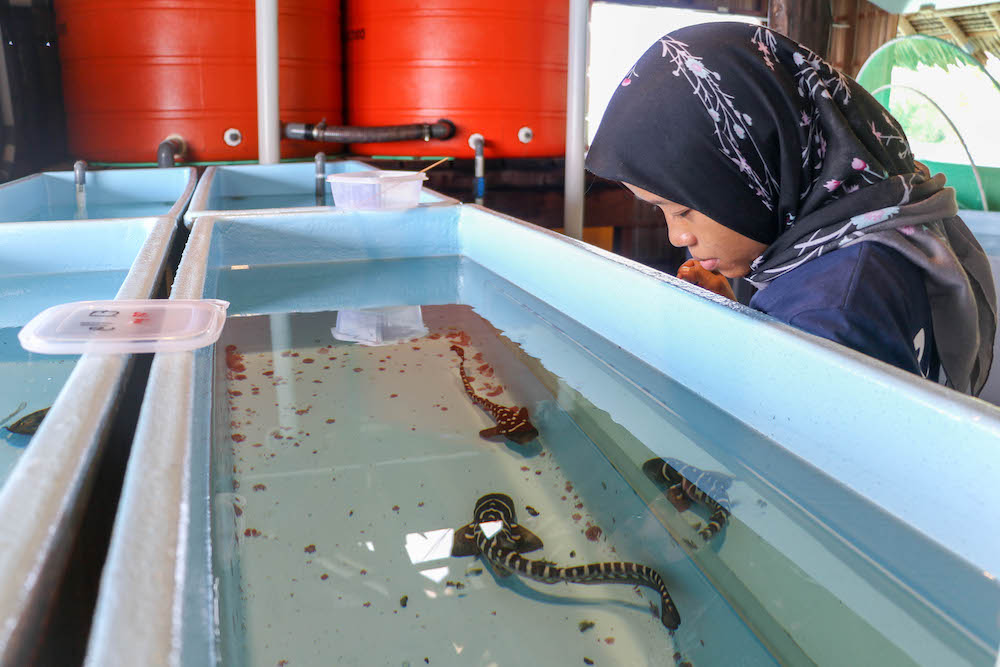
RARCC Zebra Shark Nursery
Our zebra shark nursery located at Kri Island is equipped with egg tanks, pup tanks and a seapen to nurture zebra shark eggs, pups, and juveniles. Our expert aquarists take care of the zebra sharks from egg until release.
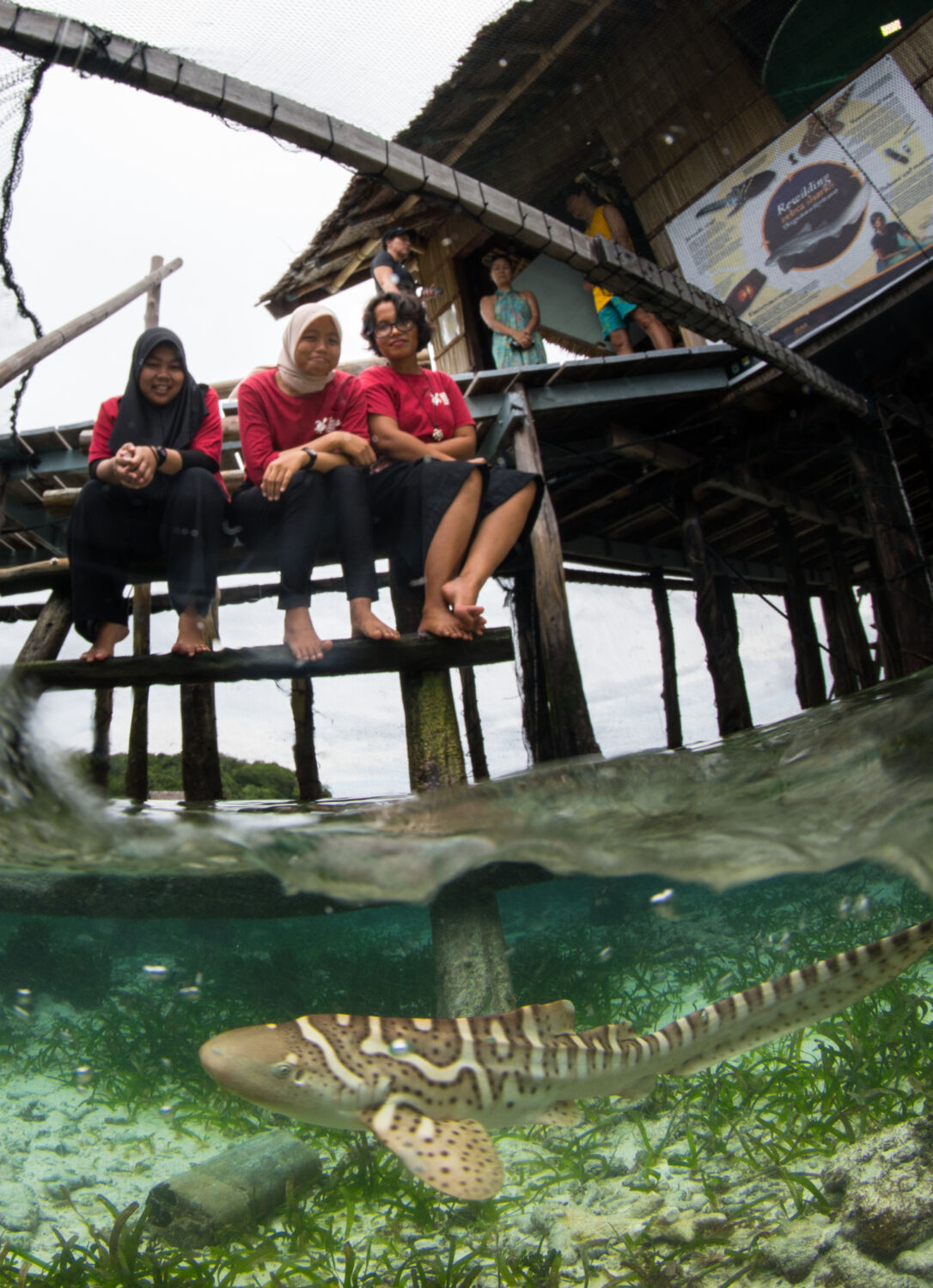
As of December 2024, the RARCC nursery has released 14 zebra sharks into the wild.
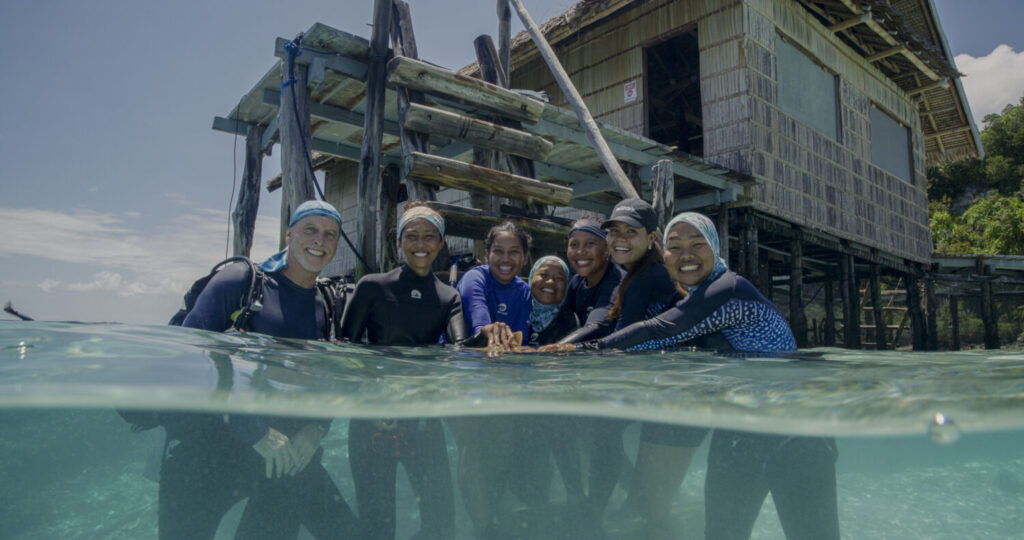
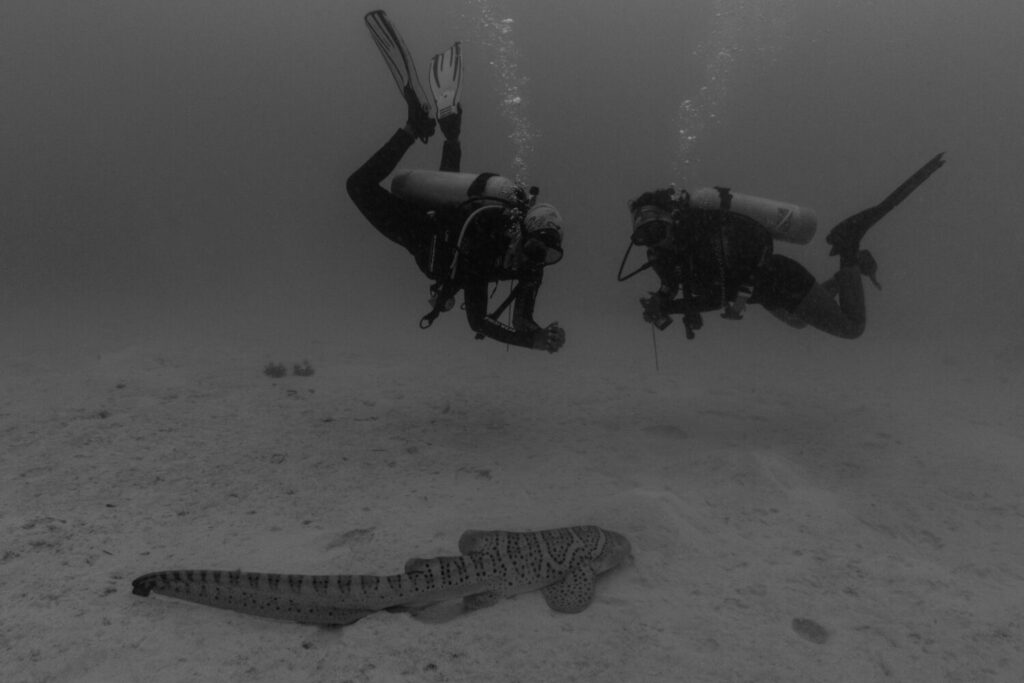
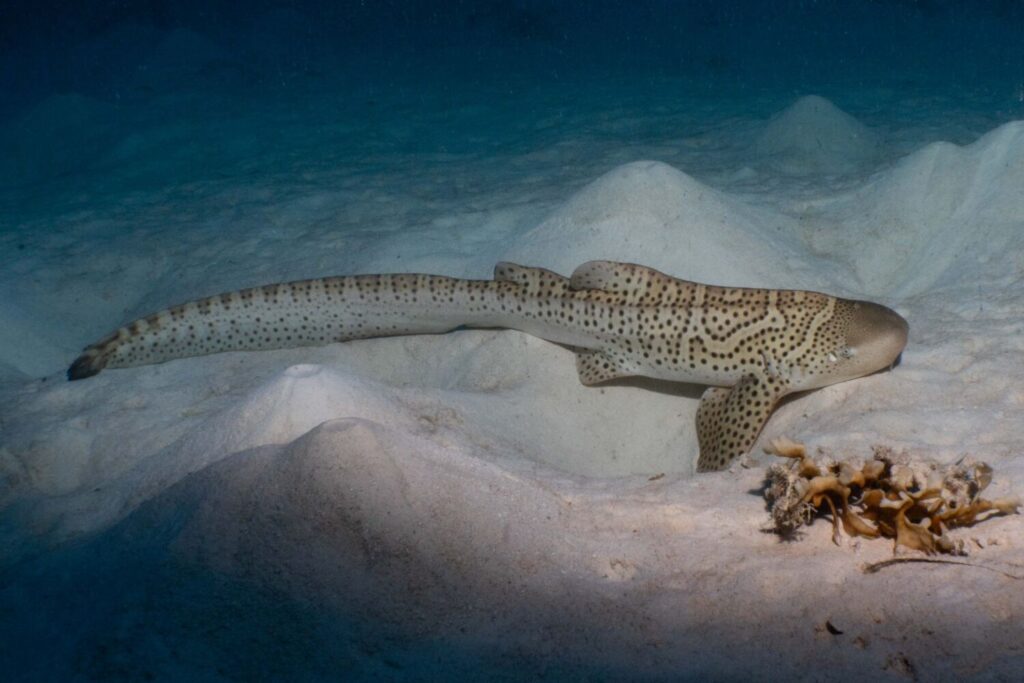
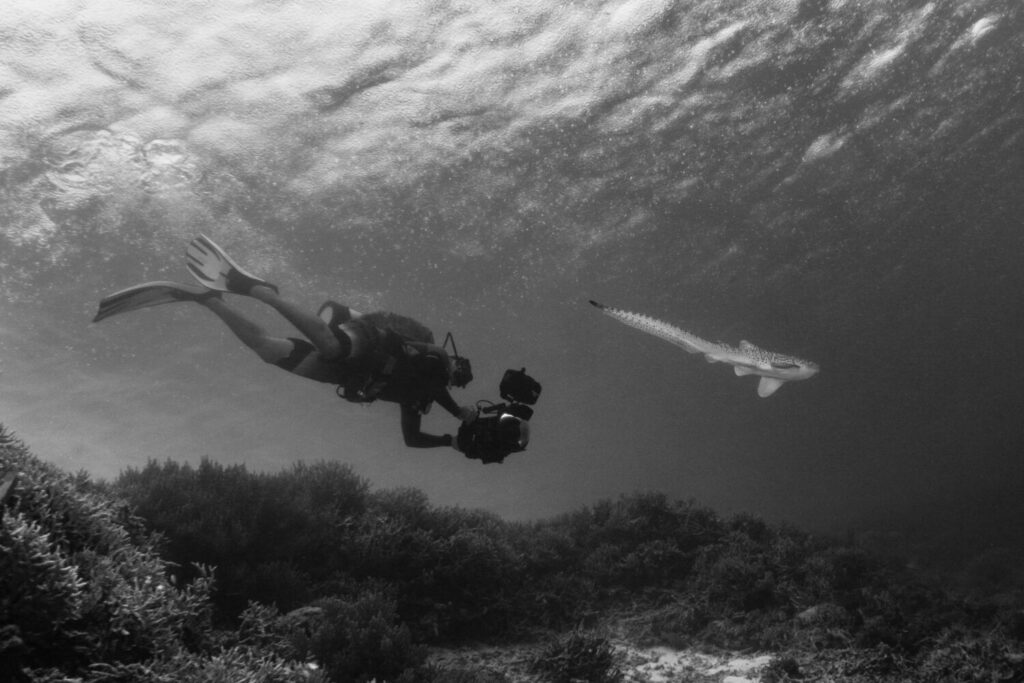
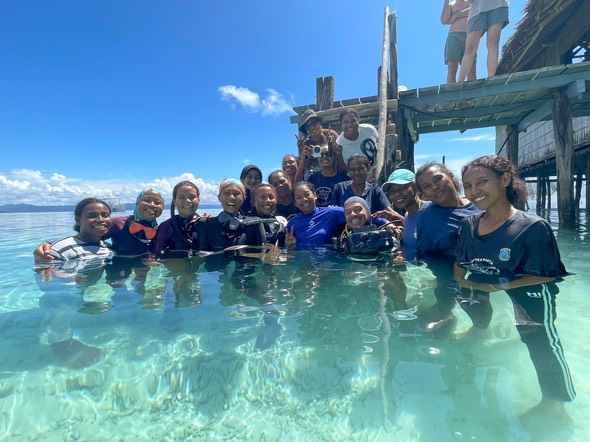
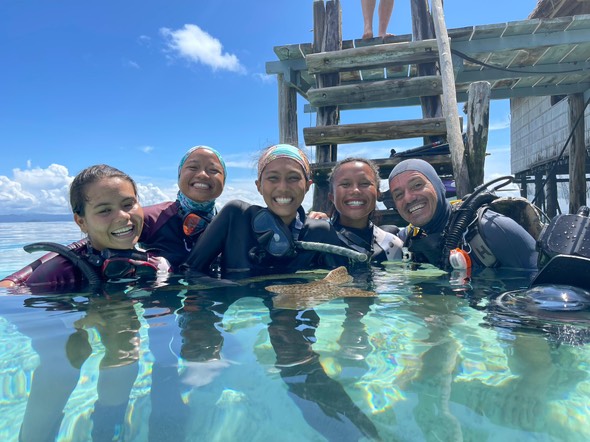
Photos by Mark Erdmann
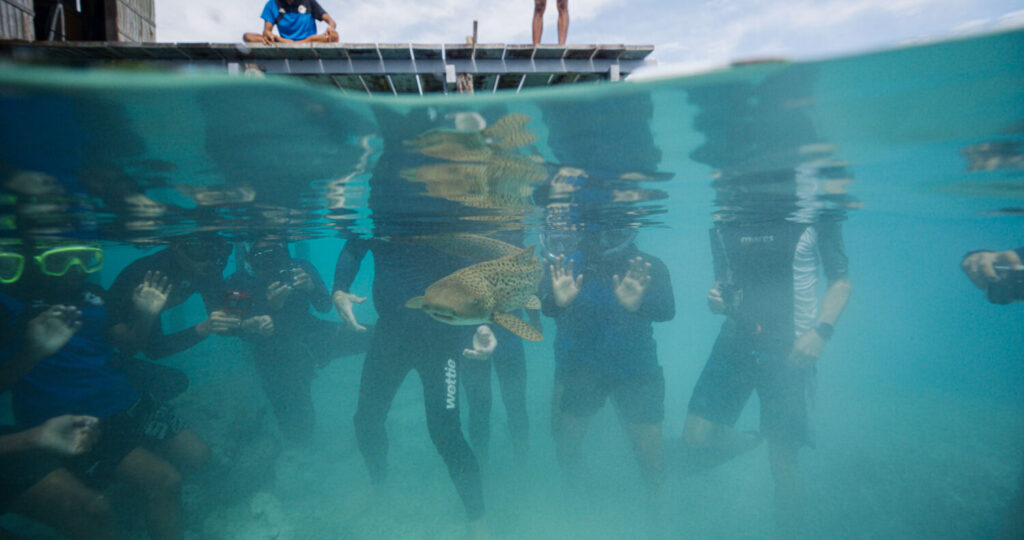
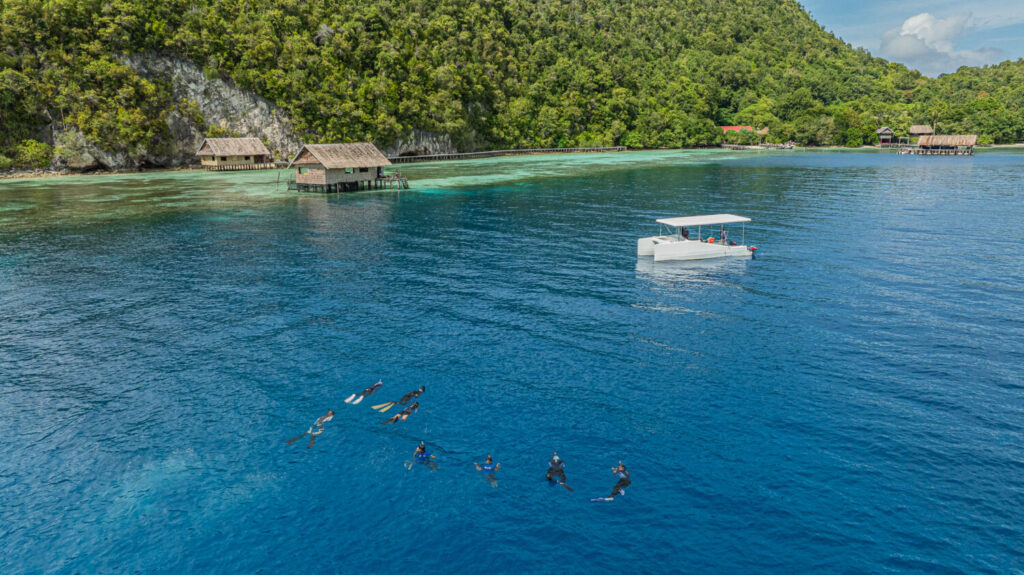
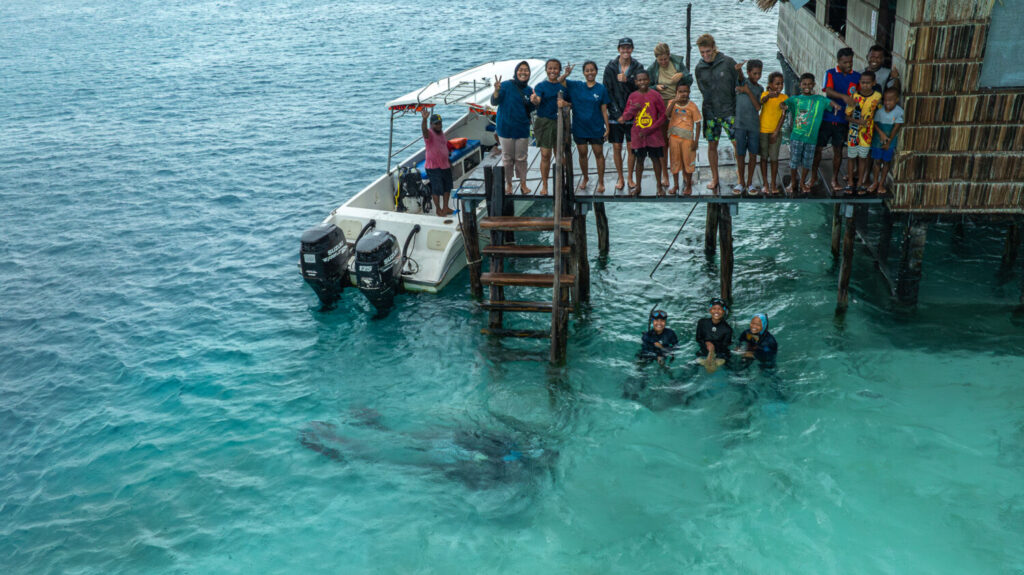
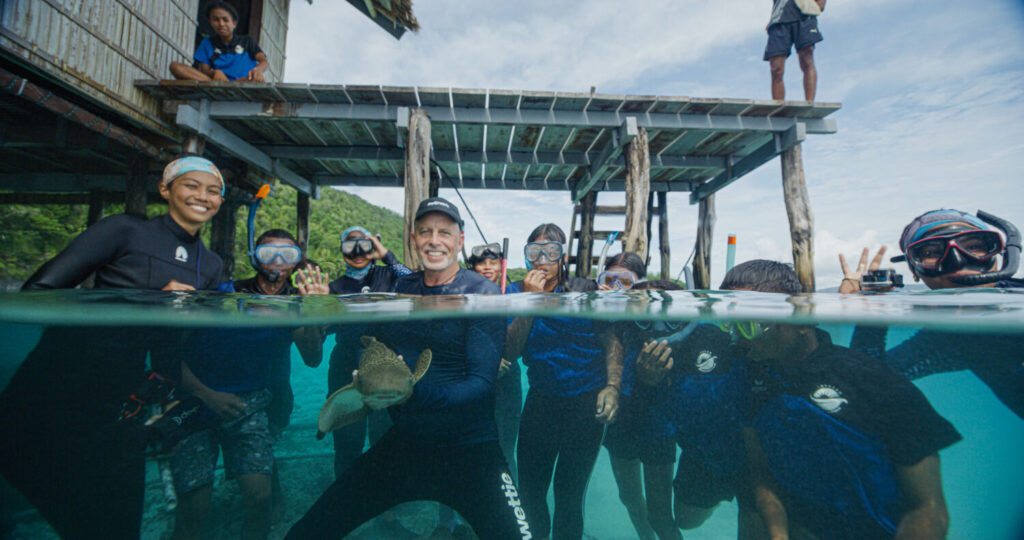
Photos by Luca Vaime, Island Pacific Media
Despite the area’s remoteness, Raja Ampat contains an extensive network of some of the world’s most well-enforced marine protected areas. The ReShark StAR Project is led by the West Papua Provincial Government and the Research and Innovation Agency of Indonesia, along with the collaboration of multiple partner at the global and national levels.
Our collaboration with other 70 organizations from 11 countries hopefully can bring a greater positive impact to turn back the wave in restoring back the healthy population of zebra shark and strengthening the balance of marine ecosystems now and in the future.




